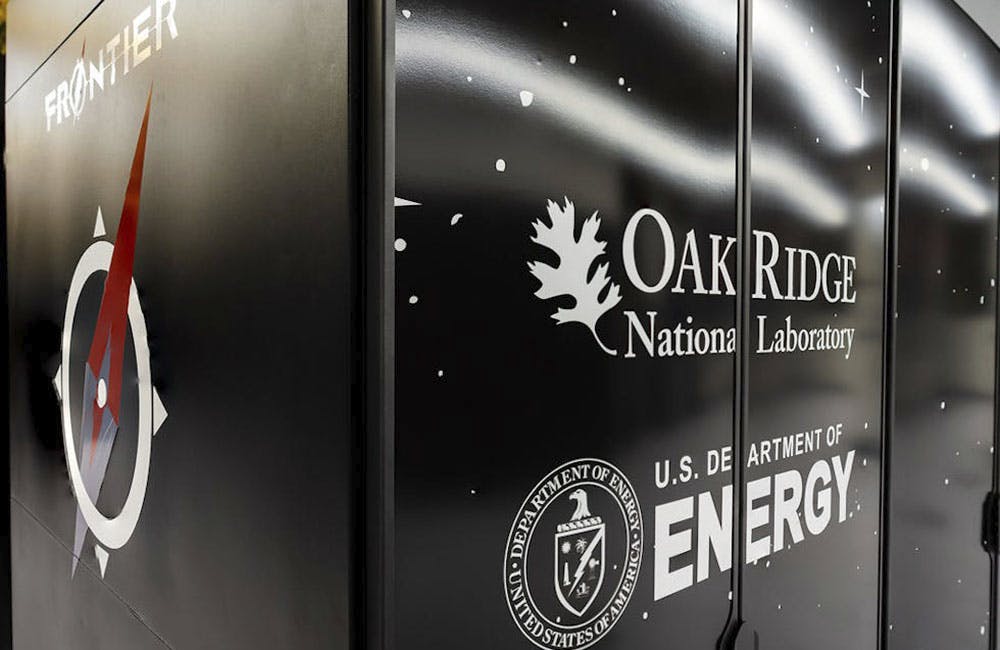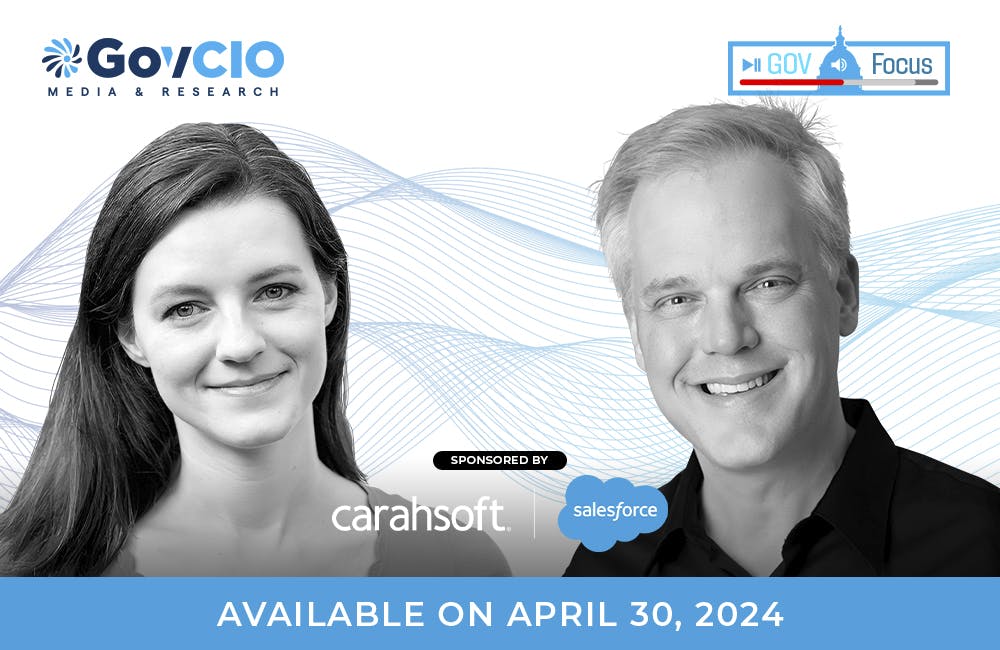HHS Turns to AI for COVID-19 Research
HHS shared AI/ML use cases to promote transparency and spur innovation at the annual AFCEA Health IT Summit.

At the National Heart Lung and Blood Institute (NHLBI), CIO Alastair Thomson says machine learning (ML) played a major role in COVID-related research. The National COVID Cohort Collaborative (NC3) clearly demonstrates the value of securely bringing together data in one place, where it can be analyzed by thousands of researchers. Through collaboration with various healthcare and cloud service providers, the NC3 and ML helped NIH identify potential participants for the RECOVER initiative.
“The utility of this really became clear when NIH launched the RECOVER initiative, which is dealing with post-acute COVID syndrome, or long COVID,” Thomson said at the annual AFCEA’s Health IT Summit last week. “They were able to use machine learning with that data to identify the key characteristics, what we call a phenotype, for long COVID.”
The NIH use case is just the latest example of federal agencies developing innovative ways to use artificial intelligence (AI) and ML to improve quality of care.
Thomson says he hopes to see similar processes recreated in the future.
“It’s a really good example of how the necessity of the pandemic has driven us to do things that we wouldn’t have thought was possible,” Thomson said. “Applying the latest, newest technologies in terms of machine learning — to do that required bringing together academia, government, and industry. That’s a model that I think we can see replicated again to bring innovation and invention on the deepest problems we have today.”
At HHS OIG, ML capabilities are creating new efficiencies for its contracting grants analytics portal.
“This is a platform where we’re applying natural language processing techniques to pull out unstructured information from A133 grant reports,” said Keith Bocian, HHS OIG AI Lead. “Really looking at enhancing the transparency of the data in millions of pages of unstructured information so that our auditors, investigators, evaluators, can look at specific cases that trend in some of the large grant portfolios within HHS.”
Bocian’s office also automated an inpatient pricing process using CMS-published tools, accomplishing months of manual work overnight. Bocian says OIG looks forward to building on these successes and extending natural language processing to other datasets.
“I don’t see AI replacing our quality personnel who are applying professional judgment and expertise to their processes and data at HHS OIG,” he said. “Instead, there’s this continuum of gradual improvement wherein we’re going to see AI applied augmenting productivity in select use cases and processes together with our data more and more over time.”
HHS is working to share success stories such as these across the department to spur further innovation in AI/ML. As part of that effort and in compliance with Executive Order 13950 on trustworthy AI, HHS published a list of AI use cases alongside examples to further explain the story behind the solution.
“We have successfully published use cases on our public website that not only satisfy the executive order, but we feel really promote transparency and awareness of AI at the department,” HHS AI Program Lead Sanja Basaric said. “We thought, why don’t we use this opportunity to actually leverage this data call and tell a story about the AI that’s happening at the department? That use cases document really provides color and context. It explains in plain language what the opportunity, the purpose, the methodology and the outcomes of the work were. We’re really proud of this effort and we really feel like it’s showcasing how much technology is impacting public health.”
This is a carousel with manually rotating slides. Use Next and Previous buttons to navigate or jump to a slide with the slide dots
-

Energy Researchers Aim For Holistic Approach to AI Issues
A new center at the Oak Ridge National Laboratory is looking at under-researched areas of AI to better understand how to secure it.
2m read -

5 Predictions for AI in Government Technology
Federal agencies are setting plans in motion not only integrate artificial intelligence into their enterprises, but also ensuring the data and algorithms that power these systems are fair and ethical.
David Egts, field CTO for MuleSoft Global Public Sector at Salesforce, breaks down the five predictions he has for AI in 2024. Egts highlights ways government leaders can prepare their agency and workforce to innovate for resilience, augment teams with AI and automate predictive AI to augment generative AI.
-

How Agencies are Upskilling the Workforce in AI
Federal officials are putting in place new training and education methods to ensure its overall workforce understands the technology.
3m read -

Building Better Data Governance Across FDA
The agency is using emerging technology to tackle its data challenges.
19m listen








